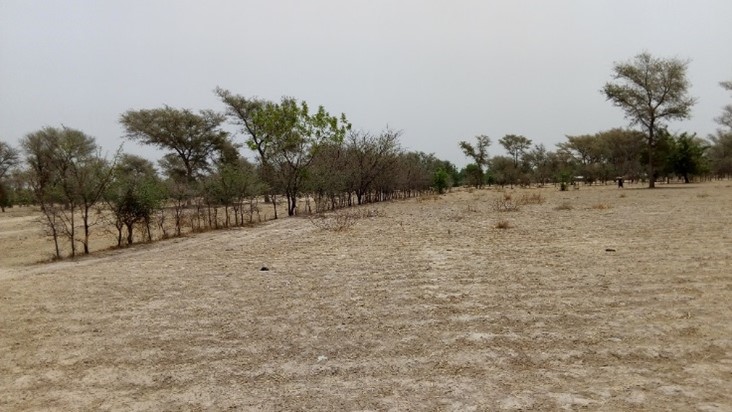The East Cameroon Region is the country's main forest region. It has 24 wood processing units, generating around 500,000 m3 of scrap wood per year.
The carbonization of sawmill waste has gradually been introduced, given the enormous waste observed in wood processing (material yield of 35%).
Support consisted in organizing and structuring producer groups. Once these producer groups had been legally recognized, efforts were made to sign sawmill scrap agreements with raw material holders, in order to secure the supply of scrap wood to charcoal makers.
The professionalization of charcoal makers in the production chain has focused on the development and implementation of Environmental Impact Notices for charcoal-making activities, and training in improved charcoal-making techniques. It also involved facilitating access to the secure transport documents needed to bring coal to market.
An institutional framework for monitoring the value chain has been set up at regional level, to ensure the improvement of framework conditions for the value chain.
